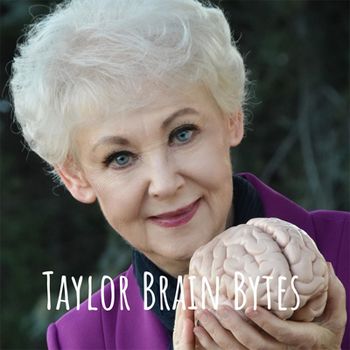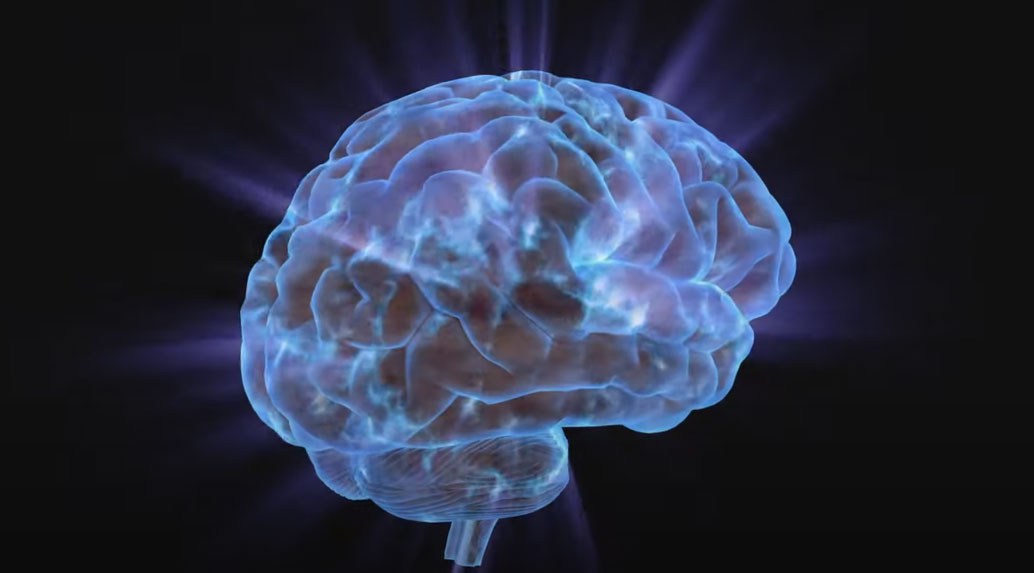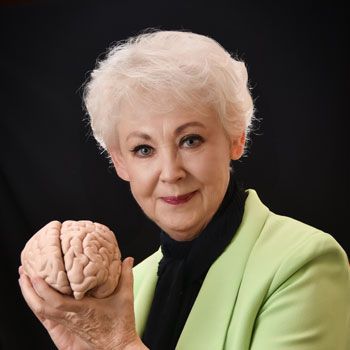Alzheimer’s—the Long Good-bye

©Arlene R. Taylor PhD
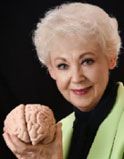 We sat together on the patio in the shade of the grape arbor. It was the first time the three of us had eaten lunch together since Jane’s mother had received a differential diagnosis of Alzheimer’s disease. Althea was still a very attractive woman. Her wavy blond hair framed an oval face with alabaster skin. She looked at me with her China-blue eyes fringed with unbelievably long lashes—eyes that used to twinkle with excitement—and asked, “Have we met, dear?”
We sat together on the patio in the shade of the grape arbor. It was the first time the three of us had eaten lunch together since Jane’s mother had received a differential diagnosis of Alzheimer’s disease. Althea was still a very attractive woman. Her wavy blond hair framed an oval face with alabaster skin. She looked at me with her China-blue eyes fringed with unbelievably long lashes—eyes that used to twinkle with excitement—and asked, “Have we met, dear?”
“I’m Kathleen’s daughter,” I replied.
“Oh, Kathleen,” she said slowly. “How is she?” I reminded her that my mother had died in 1992. Her response was, “Oh, I wish I had known.” Althea went back to her salad. She would ask me the same question every ten or fifteen minutes throughout lunch, and I would reply with the same answer. Other than that, Althea ignored both Jane and me, although she took small bites of food without being reminded.
“Looking back,” Jane explained, “mother’s forgetful episodes, as we dubbed them, increased dramatically about the time of my father’s death (he had died unexpectedly 11 years previously).” In fact, the disease had probably begun much earlier since it can take half a century for Alzheimer’s pathology to progress from stage 1 to stage 5 or 6.
“Fortunately mother seems happy in the retirement facility,” Jane continued, “and so far she is relatively easy to care for.” There was a pause. “Which regions of the brain are affected by Alzheimer’s?”
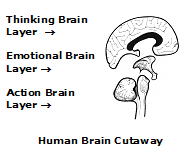 “Several regions have been identified so far,” I replied, and drew a rough diagram on a napkin to help Jane picture the brain and better retain the information.
“Several regions have been identified so far,” I replied, and drew a rough diagram on a napkin to help Jane picture the brain and better retain the information.
Whatever triggers the development of Alzheimer’s disease in the human brain appears to attack portions of the emotional brain layer, especially the hippocampus (e.g., the brain’s search engine) and the amygdalae (e.g., little almond-shaped organs that help to transfer information from short-term to long-term memory). As cells in the amygdalae are affected, the individual forgets something he/she just heard. As cells in the hippocampus are affected, the person loses the ability to pull details together to reconstruct a memory and may recall only a portion of something, if at all. Acetylcholine, a neurotransmitter that helps the brain to be alert, think quickly, and pay attention, seems to be adversely impacted.
The disease can also attack portions of the temporal lobes in the thinking brain layer. Memory functions are believed to be somewhat diffuse throughout the brain, and yet there are thought to be some discrete memory banks in the temporal lobes. As the cells in those portions of the brain die, the memories disappear as well—more recent memories first, and then older memories.
We finished soup and salad courses. Over a light desert of fresh raspberry cobbler, Jane sighed and said, “Of course I’m terrified I’ll end up just like her!”
“None of us knows what our brains will be like as we age,” I told her, “but there are steps you can take to age-proof your brain. Dr. Snowdon’s book, Aging with Grace, is a good place to begin. It discusses his Nun Study and provides information about leading a longer, healthier, and more meaningful life.”
I shared with Jane some prevention strategies, based on research studies, for her to consider. They included:
- Continue your education and challenge your brain with new information. Individuals who had earned college degrees and constantly challenged their minds into old age lived longer and resisted Alzheimer’s disease better. Dendrites (projects on the neurons) in the brains of these people were 40% more complex than those of high school dropouts.
- Implement effective stress-management techniques. The stress reaction creates specific hormonal imbalances that have been shown to damage brain cells and may lead to Alzheimer’s disease.
- Develop a positive mind set, avoid anxiety and worry, and obtain treatment for depression if it exists. Anxiety and worry increased the risk for Alzheimer’s as did depression (1.8 times higher risk).
- Live a high-level-wellness lifestyle in balance. Include exercise. Regular physical exercise and challenging mental activity may offer some protection against developing Alzheimer’s disease.
- Limit time spent watching TV. Watching an average of 4 hours of television per day was linked to a higher risk of developing Alzheimer’s disease.
- Maintain appropriate body weight and eat a low-fat diet. The prevalence of Alzheimer’s disease was shown to be lower in countries where the fat and caloric content of diets was lower.
- Hone your spirituality. Brain efficiency can be strengthened by spirituality. Spiritual individuals (e.g., possess an inner core of faith and hope) showed positive brain-power effects similar to those of people who meditate.
Watching the way Jane interacted with her mother was a lesson in caring. Periodically during a pause in our conversation, Jane would look at Althea, say "mother" in warm loving tones, and gently touch her mother’s cheek or place a hand lightly on her arm. At those moments Althea’s eyes seemed to refocus slightly. Sometimes her lips would even shape into a partial smile. While I wondered how much of our conversation Althea was taking in, she seemed to respond positively to the sound of Jane’s voice and the gentle touch of her hand.
We spent the remainder of our lunch hour talking about resources that Jane could access to learn more about prevention strategies (see below). I encouraged her to use this opportunity to challenge her brain and learn more about this disease that appears to affect equal numbers of men and women, and results in intellectual impairment for millions of Americans.
And then it was time to go. “I’ve just finished reading a book entitled, The Notebook,” Jane said, tears flooding her eyes. “Dad isn’t here to take care of mother. There’s only me.”
“I know something of what you’re going through,” I told Jane, “although every situation is different.” I had experienced similar stressors with my father during the last ten years of his life. It had been agonizing to watch him deteriorate mentally and physically. I had felt so helpless against the inexorable tide!
Dealing with loved ones who exhibit symptoms of Alzheimer’s can be exhausting and discouraging. It is, to paraphrase words of former President Ronald Regan, the long good-bye. Because of that, I encouraged Jane to take very good care of herself, and we agreed to meet for lunch again soon. Time, empathy, and a listening ear. That I could give her!
Internet Resources
- Selected Brain Facts (e.g., Brain Dysfunctions, Aging, Care of the Brain). A service of Realizations Inc.
- ADEAR. Alzheimer's Disease Education & Referral Center. A Service of the National Institute on Aging.
- MedLine Plus. Information about disease management, latest news, and related topics.
- Research Center. The Northwestern Alzheimer's Disease Center is one of 30 Alzheimer's disease research centers across the United States designated and funded by the National Institute on Aging of the National Institutes of Health.

